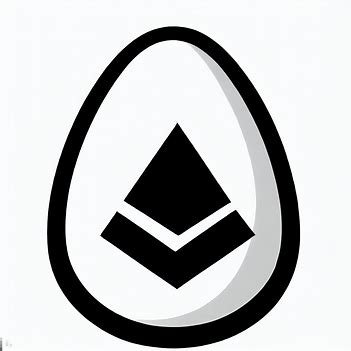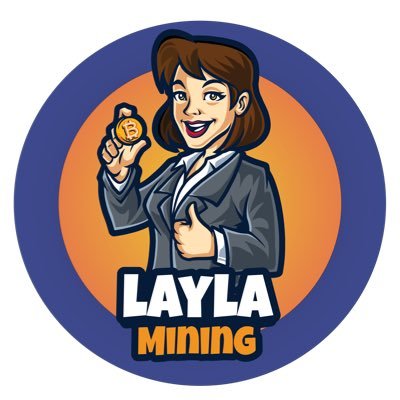Decentralized naming +
certificate authority
About Handshake
Handshake is a decentralized, permissionless naming protocol where every peer is validating and in charge of managing the root DNS naming zone.
Traditional internet names depend on centralized actors that are vulnerable to hacking, censorship, and corruption.
Handshake makes the internet more secure and resilient through a peer-to-peer network run by its participants.
The Handshake Protocol
By running Handshake, one can participate in an open naming protocol secured by a decentralized peer-to-peer network.
Explore more benefits of Handshake
A base layer for the decentralized internet. The internet is arranged in layers, to decentralize the internet, we need to start at the lowest layers of the stack.
The place for minimal global consensus. Names and signing certificates may be one of the few (if only) places of global agreement for a decentralized web.
True decentralization, no official foundation, committee, corporation, or entities in unitary control of the protocol.
Economic incentives enable decentralized agreements to form via a transparent name auction process. Without some kind of economic cost function, one person could register all names. Economic incentives enable decentralized sybil resistance which would otherwise be centralized and corrupted.
Alternative to certificate authorities, using a decentralized trust anchor to prove domain name ownership.
Distributed and permissionless zone file to which any participant has the right to add an entry or serve as host and validator.
Light clients via merkelized proofs and proof-of-work allow for lightweight name resolutions and certificates.
Community
Join our community of developers, node operators, miners, domain enthusiasts, and users who value privacy, security, and true ownership.

Blink Labs
@blinklabs_io
YES! Decentralization starts at the root. 🫡

Egg.eth
@eggs_eth
I secured my daughter’s first name on Handshake 🤝 #HNS That’s a win.

MigsMachine | 😃🤝/
@MigsMachine
Storage, management, exchange. All secured by an independent #POW chain!

.x/ 🤝
@xHNSTLD
Handshake is your protection against censorship.

kaurihero 🌐 MASQ
@KauriHero
Enjoyed speaking w/ HNS community & exploring how their ecosystem is growing!

Pei/
@PeiHsunKao
Bitcoin is the intersection of PoW + money. HNS is the intersection of PoW + DNS.

Layla Mining
@LaylaAli00
I am so glad to be part of HNS community and Handshake is a real promising project.

Sven
@SvenASoderberg
Web3 is inevitable, and the decentralized infrastructure is already in place w/ HNS.

Blink Labs
@blinklabs_io
YES! Decentralization starts at the root. 🫡

Egg.eth
@eggs_eth
I secured my daughter’s first name on Handshake 🤝 #HNS That’s a win.

MigsMachine | 😃🤝/
@MigsMachine
Storage, management, exchange. All secured by an independent #POW chain!

.x/ 🤝
@xHNSTLD
Handshake is your protection against censorship.

kaurihero 🌐 MASQ
@KauriHero
Enjoyed speaking w/ HNS community & exploring how their ecosystem is growing!

Pei/
@PeiHsunKao
Bitcoin is the intersection of PoW + money. HNS is the intersection of PoW + DNS.

Layla Mining
@LaylaAli00
I am so glad to be part of HNS community and Handshake is a real promising project.

Sven
@SvenASoderberg
Web3 is inevitable, and the decentralized infrastructure is already in place w/ HNS.

